Fisheries

Land-based pollutants on Hawaiian reefs
Research Projects 2020-2022 PRINCIPAL INVESTIGATOR: Megan Donahue Co-INVESTIGATORS: Kim Falinski Graduate Fellow: Honour Booth This research will examine land-based pollutants, such as metals and persistent organic pollutants (e.g., PCBs), in coastal ecosystems in Hawaiʻi. Ongoing habitat degradation and coastal development, along with ...

Podcast #10: Metallic Phish
Dr. Megan Donahue and Eileen Nalley look for traces of land-based, metallic pollutants in tissues of commonly eaten reef fishes and the mechanisms involved in their transport from land to fishes. Read more about their project here ...

Podcast #8: Microbial Mechanisms
Dr. Kiana Frank combines modern microbial biology with traditional fishpond management techniques to explore sediment removal from Hawaiian fishponds. Read more about her project here ...
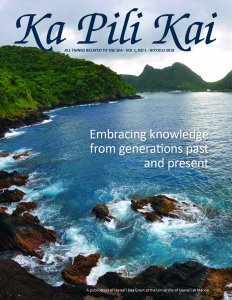
Ka Pili Kai Ho‘oilo 2018
Click on the cover image to view the full issue. Welcome to our inaugural issue of the new Ka Pili Kai! Embracing knowledge from generations past and present: For our dedicated readers who have been receiving and reading our quarterly ...
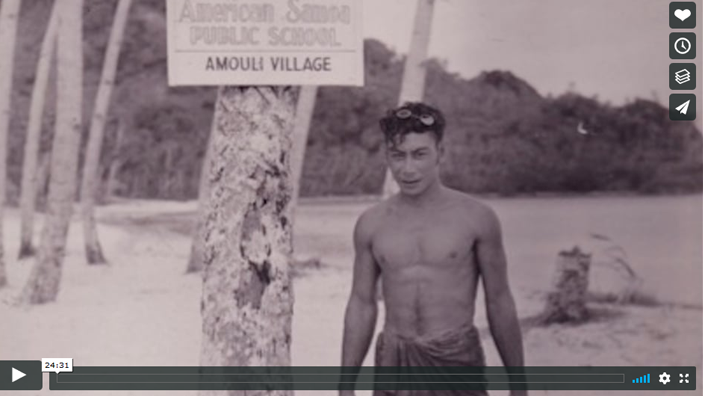
Amouli Village Meeting
In this episode we’re talking about village life in American Samoa. We talk with the mayor of Amouli Village about Samoan village traditions, and we attend a village meeting where climate change and fishing pressures are changing how locals manage ...
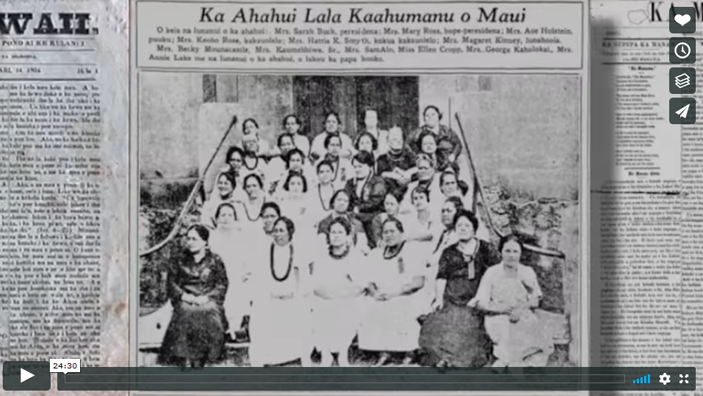
Translating Hawaiian Newspapers
In this episode, we’re learning about the translation of Hawaiian Language Newspapers from the 1800s and 1900s. We take a look at the University of Hawai‘i Institute for Hawaiian Language Research and Translation with Dr. Puakea Nogelmeier and his team, ...

Podcast #1: Fish Flow
Meet Dr. Brian Bowen and Michael Hoban and learn about their project tracking important aquaculture fish species from egg production to the reefs where they settle and grow. Read more about their project here ...
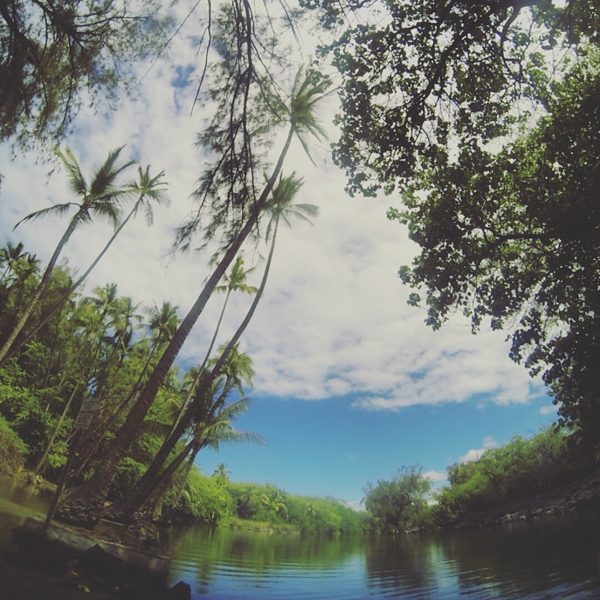
Hehihehi management for microbial-mediated sediment removal in fishponds
Research Projects 2018-2020 PRINCIPAL INVESTIGATOR: Kiana Frank Sedimentation has been identified as one of the top five challenges for restoration faced by fishpond stewards. It is not clear what the most effective (and cheap) mechanisms are for removing such large ...

Land-based pollutants in herbivorous reef fishes on Hawaiian reefs
Research Projects 2018-2020 PRINCIPAL INVESTIGATOR: Megan Donahue Co-INVESTIGATOR: Stephen Karl Graduate Fellows: Eileen Nalley, Julie Zill Pollutants, such as metals, pose a serious threat to coral reef ecosystems. In the past century Hawaiʻi has experienced significant changes in land use, ...
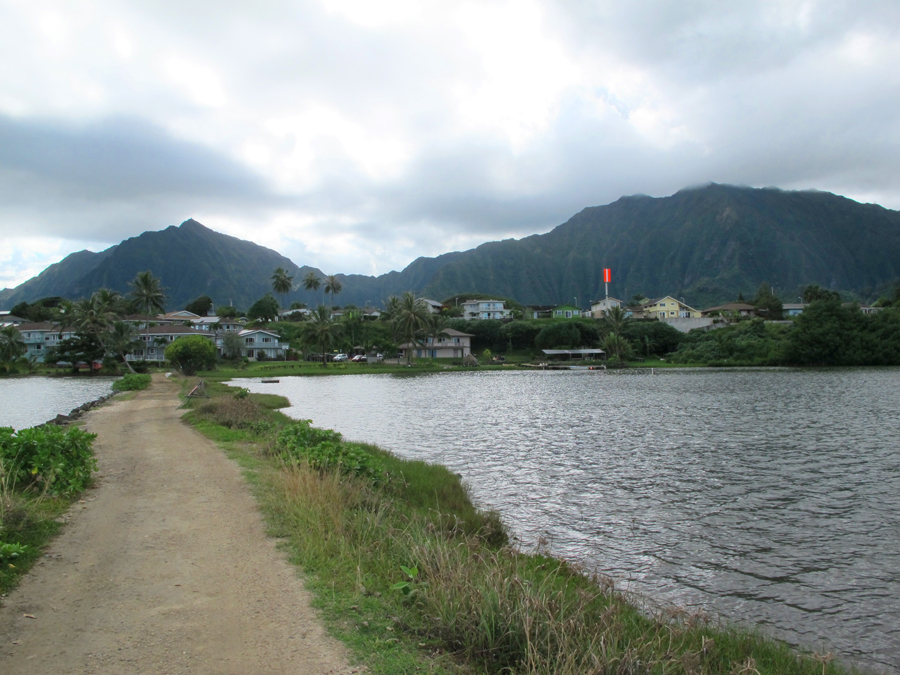
Integration of next-generation sequencing into traditional Hawaiian practices to improve management and restoration of fishponds
Research Projects 2016-2018 PRINCIPAL INVESTIGATOR: Robert Toonen Graduate Fellow: Kaleonani Hurley Hawaiian fishponds, or loko iʻa, are ancient aquaculture systems that are models of sustainable aquatic resource management based on long-term experience from traditional Native Hawaiian practices. There is much ...

